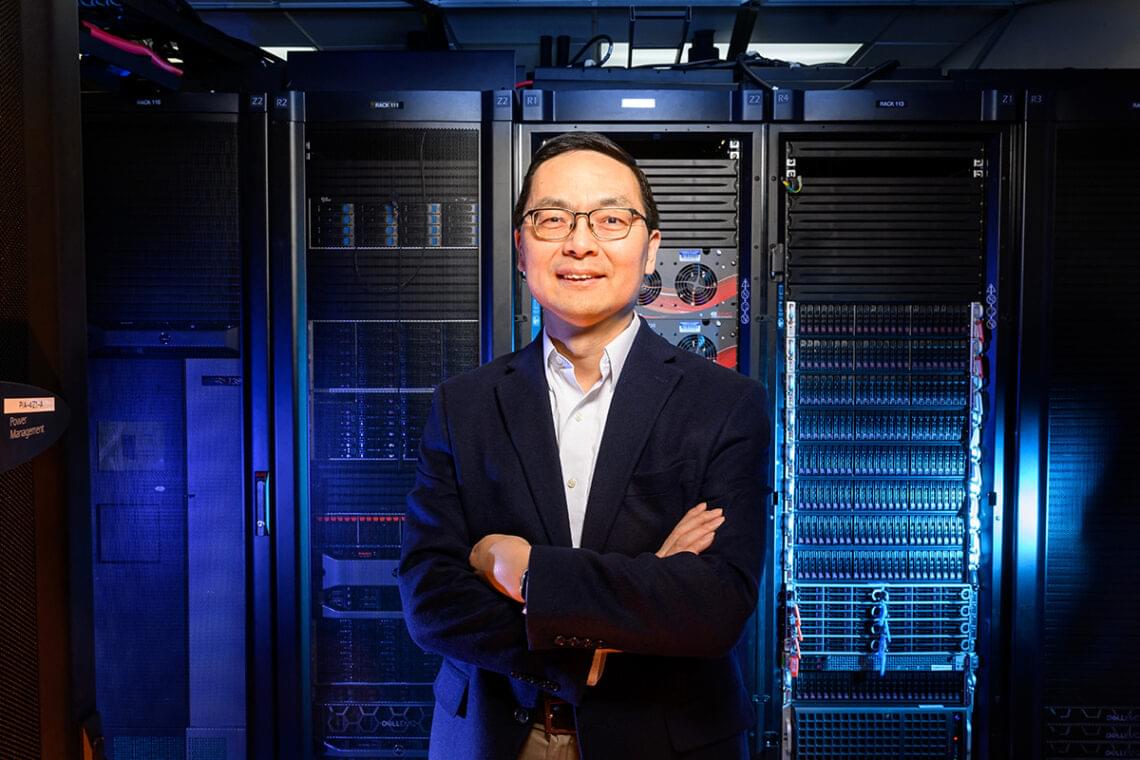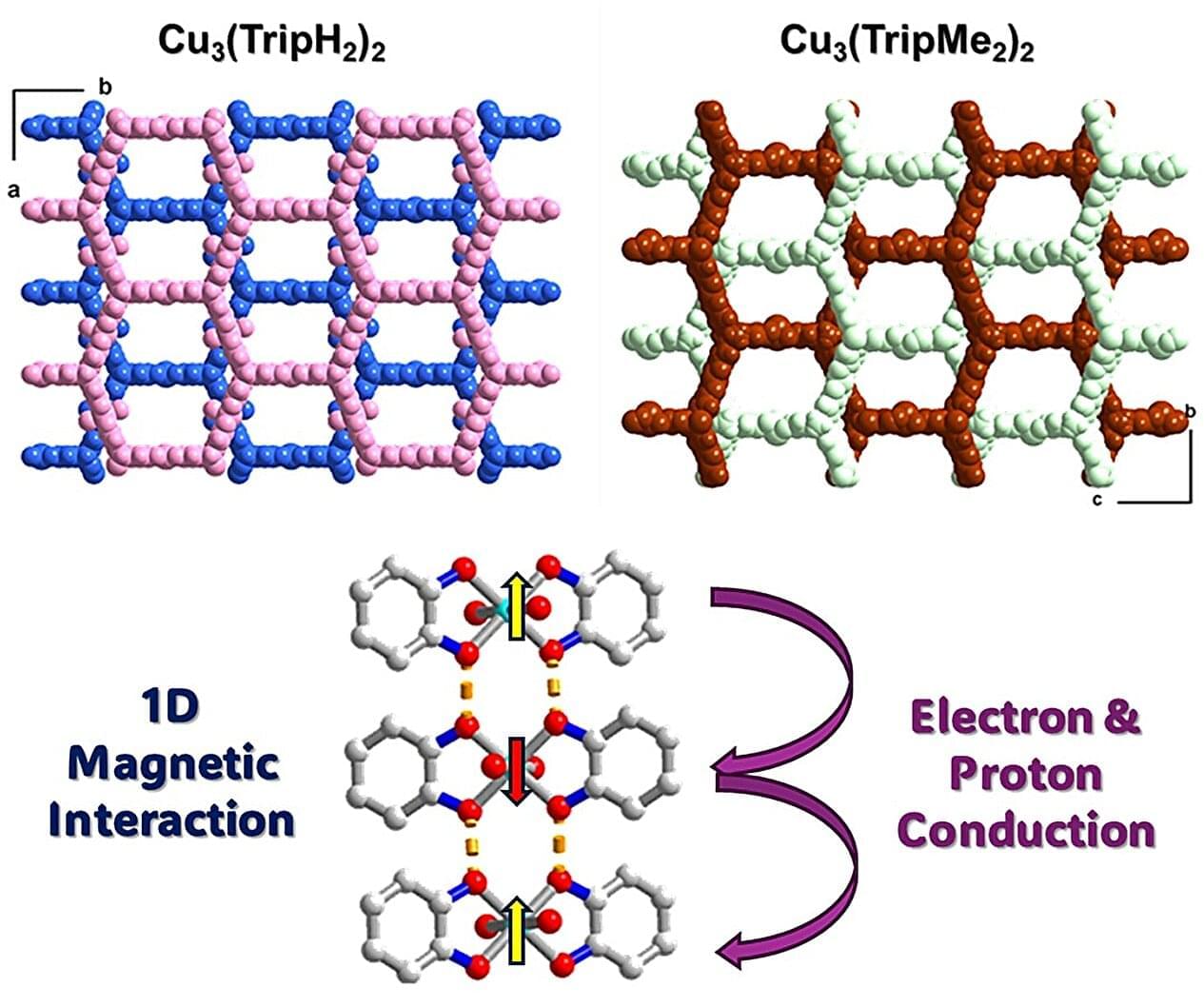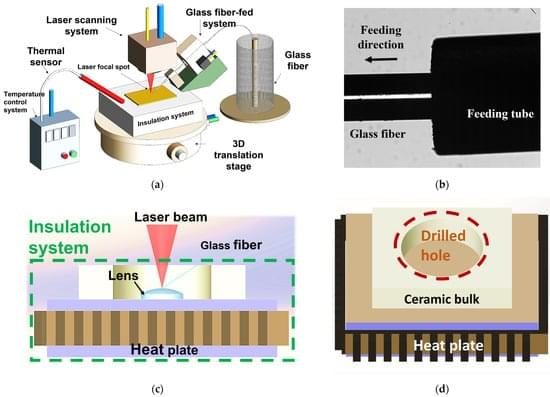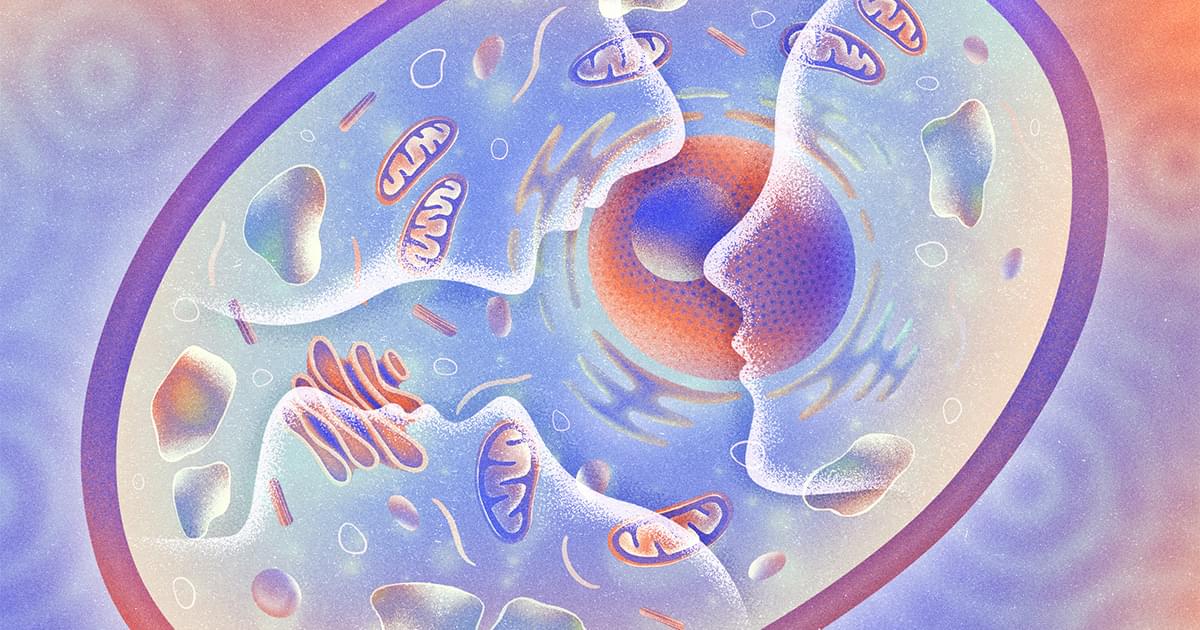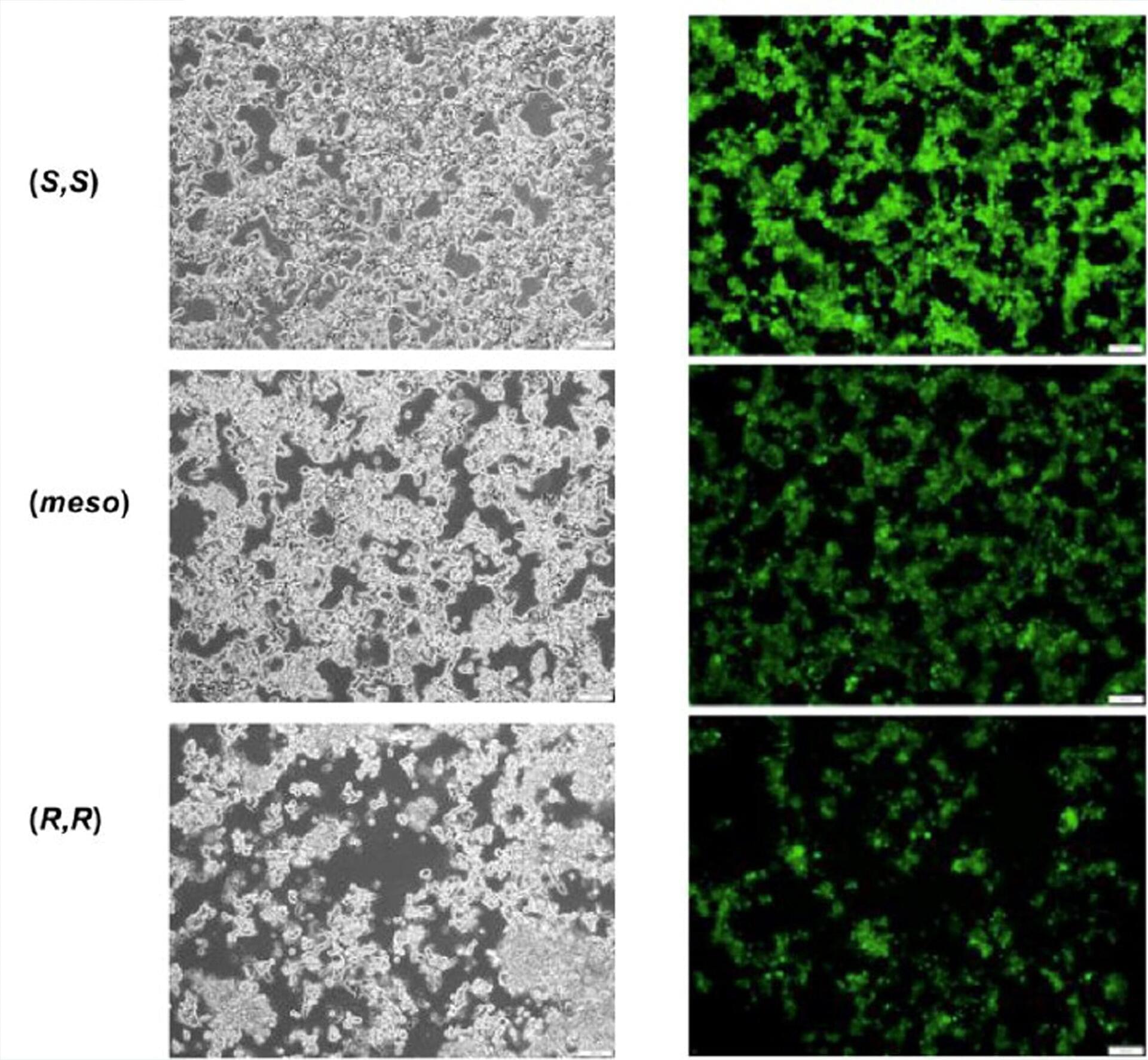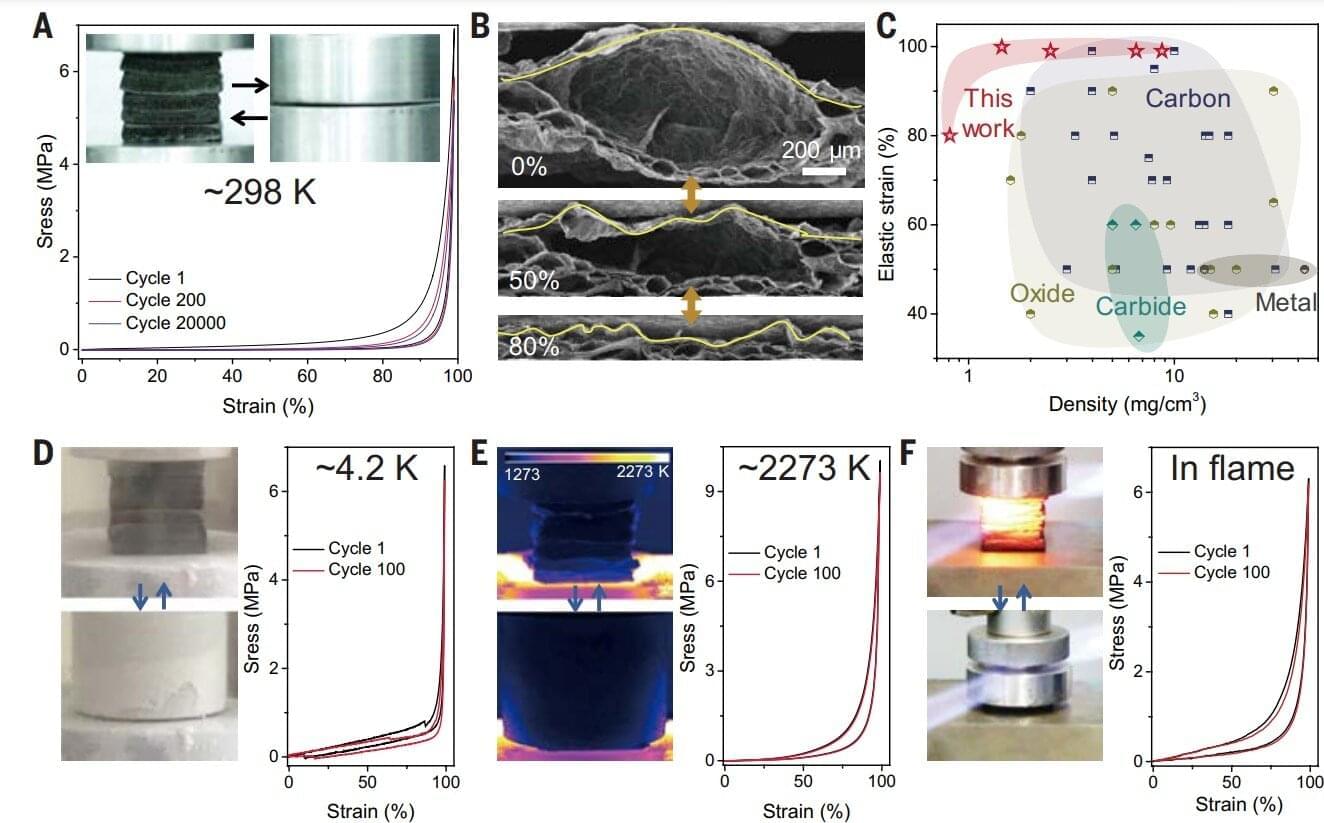CHAMPAIGN-URBANA, Ill. (WCIA) — The U.S. National Science Foundation has awarded a University of Illinois lab $15 million. The money will support the development of AI tools, to help scientists quickly and efficiently synthesize molecules for medicine, energy, industry and more.
The money will be going to the Molecule Maker Lab Institute (MMLI) — which is based on the U of I’s campus, in partnership between Pennsylvania State University and the Georgia Institute of Technology. U of I chemical and biomolecular engineering professor Huimin Zhao directs the lab.
Zhao said functional molecules like drugs chemicals are important in today’s society, but the process of discovering new molecules is slow and expensive. He believes AI can change that.
